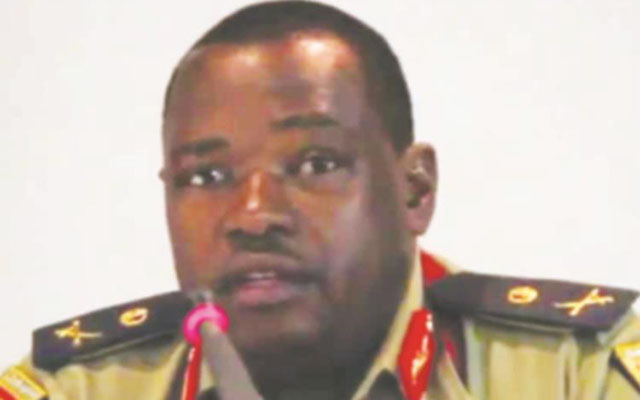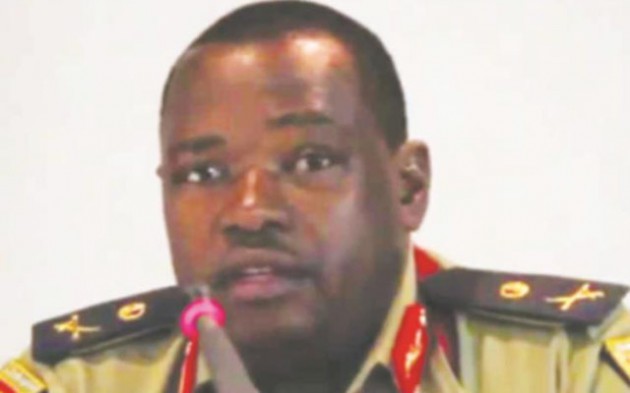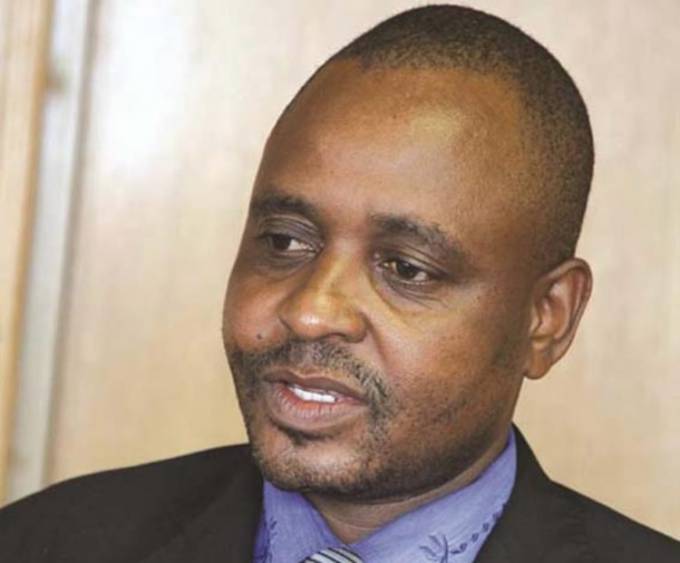Role of the military in governance structures

Panganai Kahuni Correspondent
State craft the world over, is better understood and applied in conjunction with the military. The military, as a disciplined legal institution for governance has a well structured bureaucracy that is undoubted globally due to its effective protection of national interests, cultural heritage and provision of peace and stability.
It is on this basis that the British, American, Chinese, German, Russian and French governments’ founding fathers were born out of the military. Most leaders in the world, who were successful, had a military bearing. In China, we had Mao, in Germany there was Hitler, in Britain, Prince Charles had a 10 year stint in the military before joining governance structures, and in France there was Napoleon.
In the 19th Century, we see America with the highest number of former military leaders such as Washington, Eisenhower and Colin Powell, just to mention a few.
When General Powell retired as a Commander of the Joint Chiefs of Staff, he became America’s number one diplomat after being appointed Secretary of State, which is equivalent to Zimbabwe’s Minister of Foreign Affairs.
When President Mnangagwa appointed Air Marshall Perrance Shiri and Retired Major-General Sibusiso B Moyo to Ministers of Government, there was an outcry from certain media houses and certain political analysts, who implored that the military must be domiciled in barracks.
Little did these so-called media and political gurus know about the well-intended fusion of these military generals into Government structures, to help the President steer the nation out of the economic slump we are currently experiencing.
It must be noted that the current American, Chinese and Russian governments are fused with military generals, resulting in these nations enjoying a balanced economic and security stand point in the global geo-political environment.
The United States and China are the first and second world economic giants, respectively. These two nations also enjoy the balance of power in the current global military power matrix.
It can easily be argued that because of the mix of the civilian and military components in their governance structures, ranging from government to industry, the two nations have been able to leverage on such a symbiotic structural mix to become the world’s power houses both economically and militarily.
Research continues to inform some of us that both America and China use the military in most of their foreign services, including the structures of leadership in their NGOs, such as USAID and Plan China. The military in government, the private sector and NGOs of America and China are employed to influence the world to embrace brand US and China.
The ability to effectively and efficiently employ the military in governance structures, taking advantage of their strategic and analytic competences has helped these two nations to remain dominant economic and military powerhouses on the globe. The understanding by America and China and other nations that the military is a hybrid legal political institution for governance has significantly contributed to their economic growth and military dominance of the world.
The same can easily be said of Israel, Germany, France, Russia and Britain. The West, under the leadership of the US continues to give Third World countries a template of democracy and good governance they never fully practise themselves.
If any third world country employs former military men in its governance structures as the West does, the West is quick to condemn it as militarisation of government institutions.
What developing nations fail to understand is that the West would be warding off competition so as to remain dominating the global political space. It is time developing nations wake up and smell the coffee.
Section 212 of the Constitution of Zimbabwe expanded the mandate of the Zimbabwe Defence Forces in such a way as to necessitate, in my humble opinion, a review of the activities, operations and operational concepts of the same, aligning them to the global protective and defensive trends as employed by countries such as China, America, Britain, France and Russia.
The said section provides as the functions of the Defence Forces to be: “To protect its people, its national security and interests and territorial integrity and to uphold the Constitution”.
It is pertinent to note that the duty or obligation to protect is not only restricted to the physical entities such as borders, airspace, territory or people, but extends to abstract issues such as values, culture, customs, traditions and/or “national interests”, which can be economic, political as well as social.
I mention customs, traditions and culture because in my view, this was the basis from which the ZDF came up with Operation Restore Legacy. The practice that the G40 cabal of criminals were using to denigrate senior party officials in Government, including a Vice President was unAfrican and uncultural.
The evil culture of negating Government business and concentrating on uncultural denigration practices is what spurred Zimbabweans from all walks of life to support the ZDF’s Operation Restore Legacy.
It must be remembered that the ZDF’s cultural connection with traditional leaders, which has become a yearly event on the ZDF calendar, made it easier for the population to join them in the clean-up campaign, leading to the dawn of a new era.
Research has shown that warfare is no longer confined to physical, but has gone asymmetrical as well as for hearts and minds. This means that the obligation to protect now extends to or implies that any defence force’s activities in the discharge of its mandate should extend to taking active participation in ensuring that its people are also protected from all forms of warfare and harm.
The Americans and Chinese have in their ascendance to become both economic and military powerhouses infused the military generals in their governance systems. This is the brutal truth which any researcher worth his/her salt finds extremely difficult to refuse.
It must be noted that “national security”, which the national defence forces, ZDF included, are constitutionally mandated and required to provide, is defined as the requirement to maintain the survival of the state through the use of economic power, diplomatic power projection, cultural and political power.
Traditionally, it focused only on military might, but now it includes a broad range of facets, all of which impinge on the non-military or economic security of the nation and the values espoused by national societies.
Accordingly, as any nation thrives to possess national security, it needs to infuse in its government structures elements of the military so as to be in a strong position to formulate coherent economic and military power strategies of governance as practised by China and the United States, for example.
It must be clear in all the minds of peace-loving Zimbabweans, that security threats involve not only conventional foes, such as other nation states, but can also be in the mould of non-state actors, such as narcotics cartels, multinational corporations, political factions such as the G40 cabal, including physical and non physical agencies that may cause damage to the existence of a nation state.
Thus, in light of the above, and for Zimbabwe to be ever vigilant, it is important for the military to be employed in all structures of governance as is the ethical conduct in America and China, where such a practice has positioned these countries on pole positions on the economic and military global scale.
It is therefore, in my humble view, critical for people to understand that the employment of the military in governance structures has since become governance best practice the world over.
For avoidance of doubt, the public must know that the current American and Chinese governance structures have former military generals in them. This has never, in my view, compromised their governance system, but rather strengthened them in making sure they remain in the first and second position in the global economic and military power matrices.
Icho!
- Dr Panganai Kahuni is a political socio-economic commentator, researcher and diplomat in the SADC region, writing on his own behalf.










Comments